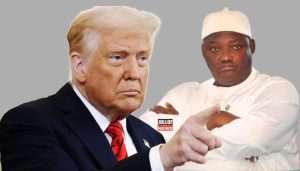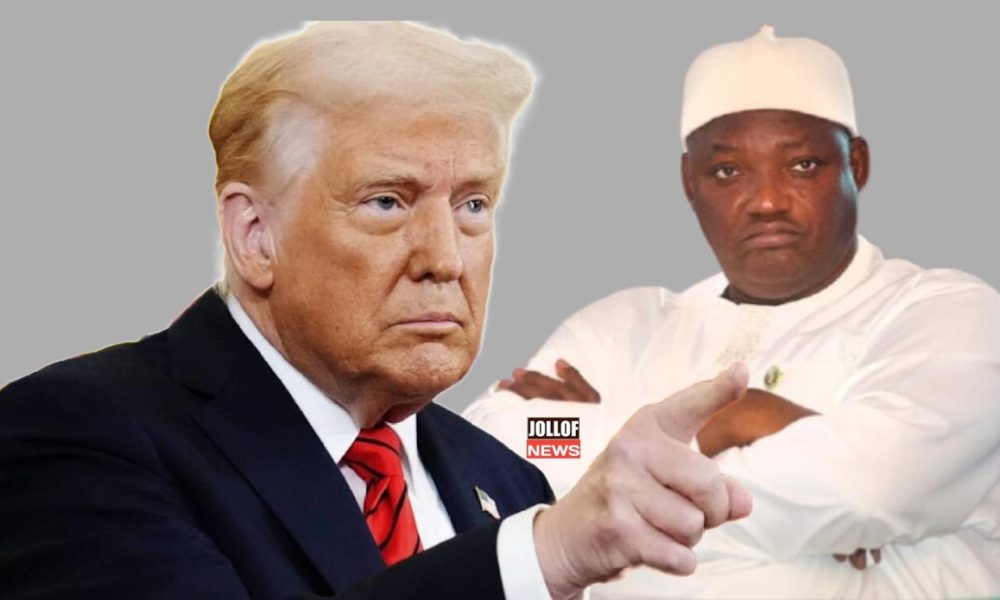Gambia has been named among dozens of countries facing potential travel restrictions under a new directive from the Trump administration, according to a leaked U.S. government memo obtained by The Washington Post.
The memo, signed by U.S. Secretary of State Marco Rubio, outlines a 60-day deadline for Gambia and other listed countries to meet strict new security and documentation standards—or face sweeping travel sanctions. It is the latest move in the Trump administration’s intensified immigration crackdown during the former president’s second term.
At issue are concerns raised by U.S. officials about the ability of some foreign governments to issue secure identity documents and enforce visa compliance. According to the memo, countries without a “credible central authority” capable of maintaining reliable documentation systems are considered high-risk. The list also includes nations with significant visa overstay rates among their citizens.
Gambia is among 25 African countries named in the document. Others include close U.S. partners like Egypt, Nigeria, Ghana, and Ethiopia.
The proposed travel restrictions could have serious consequences for Gambians seeking to visit, study, or reunite with family in the United States. While the exact form of the sanctions remains unclear, they could range from tighter visa scrutiny to outright travel bans.
The U.S. State Department has offered a narrow path to exemption. Countries that agree to accept deported individuals—including nationals of other countries being removed from the U.S.—could see sanctions reduced or lifted. This provision raises diplomatic and legal questions, particularly for small nations like Gambia with limited capacity to absorb foreign deportees.

Gambian officials have until 8 a.m. Wednesday to submit an initial action plan detailing how they will meet the new U.S. requirements. The State Department has not confirmed whether any sanctions would take effect immediately after the deadline.
The move comes just a week after Trump reimposed a full travel ban on 12 countries and added targeted restrictions on seven more. In January, he signed an executive order directing the State Department to identify nations with “inadequate” vetting systems for travelers, laying the groundwork for the current wave of proposed sanctions.





